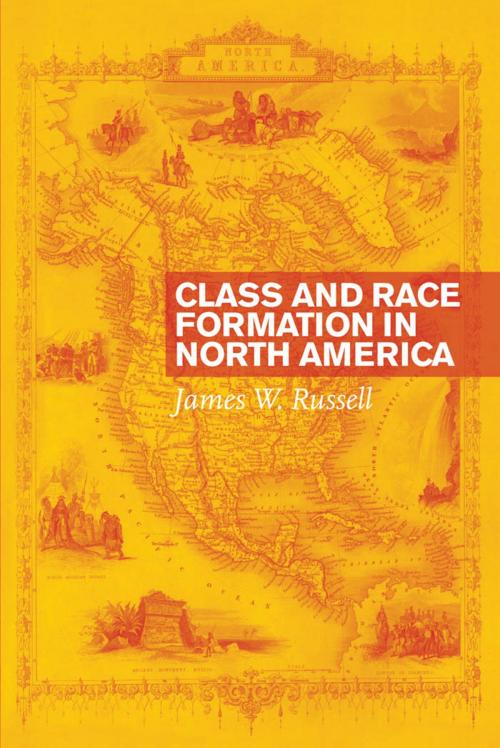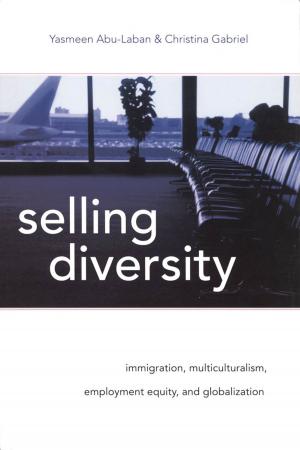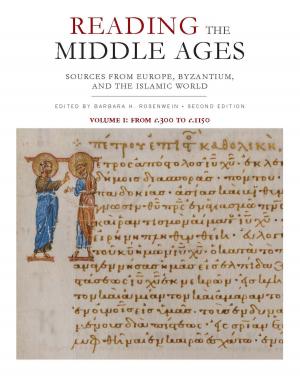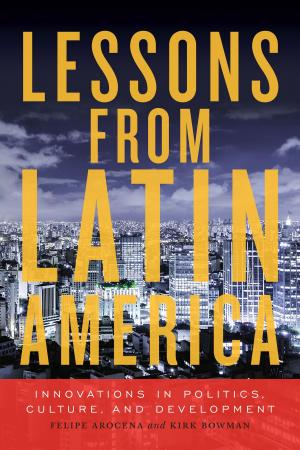Class and Race Formation in North America
Nonfiction, History, Americas, North America, Social & Cultural Studies, Social Science, Discrimination & Race Relations| Author: | James W. Russell | ISBN: | 9781442604087 |
| Publisher: | University of Toronto Press, Higher Education Division | Publication: | November 1, 2008 |
| Imprint: | Language: | English |
| Author: | James W. Russell |
| ISBN: | 9781442604087 |
| Publisher: | University of Toronto Press, Higher Education Division |
| Publication: | November 1, 2008 |
| Imprint: | |
| Language: | English |
On August 13, 1521, the largest and most developed of North America's societies, the Aztec empire, fell to Spanish invaders who, along with later European colonizers, built new societies in which they occupied the dominant class positions and forced Indians, imported African slaves, and Asians into subordinate positions. As a result of the conquest, race has become an enduring issue in the class structuring of North American societies.
Originally published as After the Fifth Sun: Class and Race in North America, this new, significantly expanded edition offers a comparative exploration of how patterns of class and racial inequality developed in the United States, Mexico, and Canada from colonial pasts to the beginning of the North American Free Trade Agreement and the post-NAFTA environment. What Russell reveals is a continent of diverse historical experiences, class systems, and ways of thinking about race.
On August 13, 1521, the largest and most developed of North America's societies, the Aztec empire, fell to Spanish invaders who, along with later European colonizers, built new societies in which they occupied the dominant class positions and forced Indians, imported African slaves, and Asians into subordinate positions. As a result of the conquest, race has become an enduring issue in the class structuring of North American societies.
Originally published as After the Fifth Sun: Class and Race in North America, this new, significantly expanded edition offers a comparative exploration of how patterns of class and racial inequality developed in the United States, Mexico, and Canada from colonial pasts to the beginning of the North American Free Trade Agreement and the post-NAFTA environment. What Russell reveals is a continent of diverse historical experiences, class systems, and ways of thinking about race.















